The Department of the Navy uses sonar during warfare situations and claims the proposed sonar testing in the Pacific Ocean is a necessary component for proper sailor training and is an issue of national security. However, the Natural Resource Defense Council (NRDC) is suing the National Marine Fisheries Service (NMFS), because they failed “to prescribe adequate mitigation for the Navy’s exercises” and issued “an unlawful Biological Opinion and Incidental Take Statement” violating the Marine Mammal Protection Act and the Endangered Species Act, respectively. NRDC is suing the Navy because they did not coordinate with California to ensure the federal actions were within California’s Coastal Management Plan, violating the Coastal Zone Management Act. In fact, the Navy completely disregarded the California Coastal Commission’s unanimous vote to deny the sonar activity. The Navy funded a five year research project determining there will be 13,000 serious injuries in the Pacific Ocean. Additionally, there will be nearly 2,000,000 minor injuries including temporary hearing loss and psychological trauma. Hearing loss drastically affects migration patterns and feeding behaviors of marine mammals, such as the endangered blue whale (Reynolds, 2014). Recently, the National Marine Fisheries Service issued permits allowing the Navy to cause 9.6 million instances of temporary hearing loss and more than a hundred whale deaths. In the past, NRDC sued the Navy and Fisheries Service for “Ship Shock”, which were violent explosives near the Channel Islands National Marine Sanctuary. During that time, in 1994, the Navy tried to claim they were not aware of the harmful effects caused by long range sonar but did acknowledge a small amount of mammal deaths may occur (Mitchell, 1994).”
The jurisdiction of this case falls under the United States District Court for the Northern District of California because the legal issues are based on federal laws, and the plaintiffs have offices in San Francisco.
The main environmental legal issues fall under the Marine Mammal Protection Act, the Endangered Species Act, and the Coastal Zone Management Act.”The Marine Mammal Protection Act is responsible for preserving certain marine mammals which may be in danger of extinction, or depletion, from human activities. Legislative history shows “no steps should be taken regarding these animals that might prove to be adverse or even irreversible in their effects until more is known.” It also established a moratorium on the taking unless authorized by the Secretary of Commerce. However, specific to this case, the National Marine Fisheries Service can authorize takings as long as they “will have a ‘negligible impact’ on ‘species or stock’ of marine mammals.”
The Endangered Species Act states all federal agencies authorizing any action must not “jeopardize the continued existence of any endangered species…result in the destruction or adverse modification of critical habitat designated for such species.” Additionally, the agency involved with the proposed action must engage in formal consultation with the National Marine Fisheries Service where a Biological Opinion will be produced using the “best scientific and commercial data available.” When the NMFS issues a Biological Opinion stating the endangered species will not be jeopardized, they must also issue an “Incidental Take Statement that authorizes the taking of listed species incidental to the proposed action.”
The Coastal Zone Management Act is designed to protect, preserve, and enhance coastal zones while encouraging states to manage and regulate their coastal zones. Additionally, “federal agencies shall consider the enforceable policies of state management programs as requirements to be adhered to in addition to existing Federal agency statutory mandates.” The California Coastal Commission is responsible for reviewing proposed federal actions to make sure they are not inconsistent with the California Coastal Act. Furthermore, federal agencies are not allowed to proceed with the proposed plan unless they believe the action is consistent with the coastal plan even though the state agency disagrees.”
The Navy’s legal argument dates back to January 2013 when they submitted a consistency determination to the California Coastal Commission concluding their “training and testing exercises were consistent to the maximum extent practicable with the enforceable policies of the California Coastal Management Program.” In December 2013, the Navy issued a statement to the California Coastal Commission formally disagreeing with their objection and notifying the Commission that the Navy would proceed with the training and testing because they were fully consistent with the California Coastal Act.”
The NRDC’s legal argument states the National Marine Fisheries Service’s final actions as an agency, by issuing a Biological Opinion and Incidental Take Statement, were arbitrary and capricious because they ignored the best available science. This violates both the Marine Mammal Protection Act and the Endangered Species Act. The legal argument against the Navy states the Navy violated the Coastal Zone Management Act because their training and testing exercises fail to be consistent with California’s Coastal Management Plan. Additionally, the consistency determination submitted by the Navy did not fully analyze their full effects. Therefore, Navy’s actions are considered arbitrary and capricious.”
The solution proposed by NRDC is to reconsider the scientific evidence and properly acknowledge the actions taken by the Navy will have more than a negligible affect. Ideally, the Navy would not test its mid-frequency sonar in the areas off southern California where endangered marine mammals live. In 2008, the NRDC believed they solved the problem regarding the mid-frequency sonar testing. In response to a 2005 case brought against the Navy by the NRDC, the Navy decided to prepare environmental impact statements on mid- frequency testing done around the world (Lass, 2008). The Navy at that time acknowledged hearing loss and death were results from their actions. However, today, the NRDC is proposing to allow a limited area of space and a limited amount of testing time. Additionally, the Navy must be acutely aware of any marine mammal who may be affected by the testing and stop their actions immediately. The Navy would like to see their exercises uninterrupted as they are a matter of national security.”

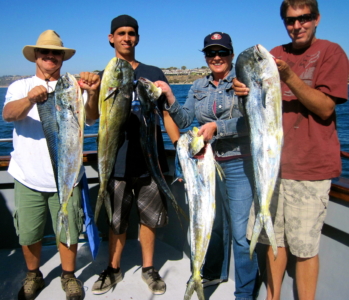
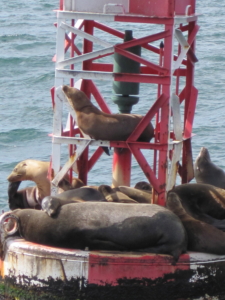
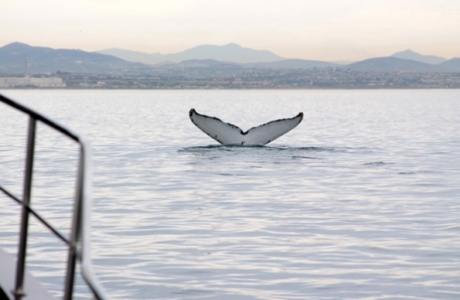
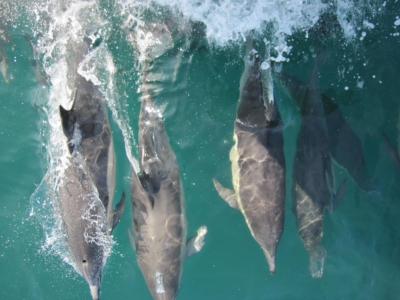
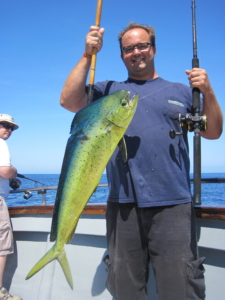
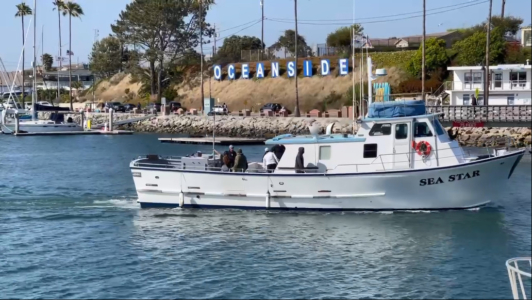

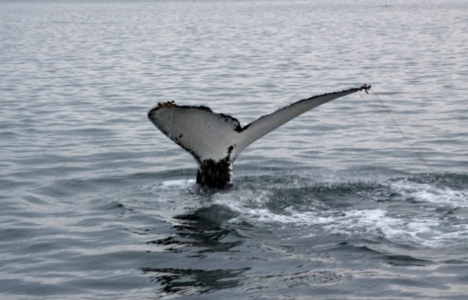
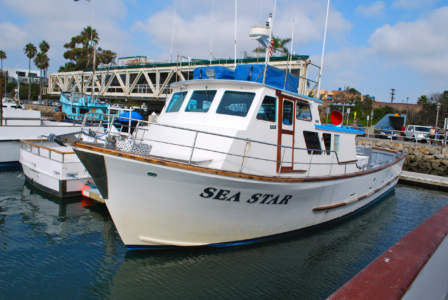
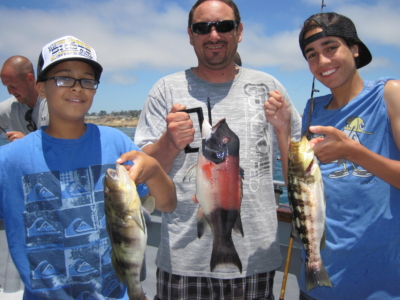

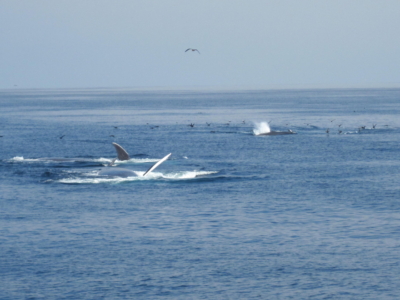
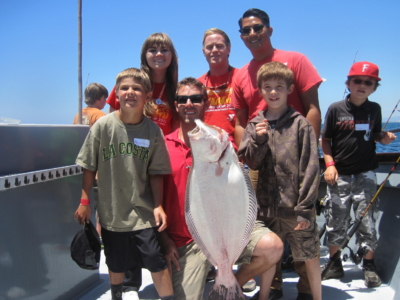
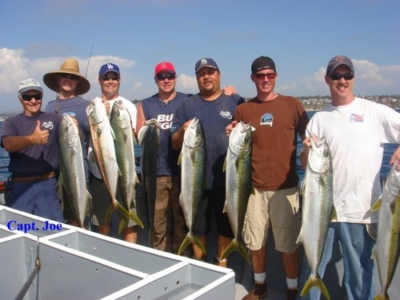
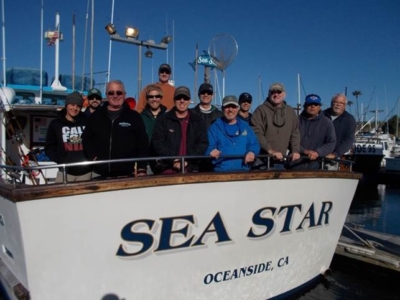






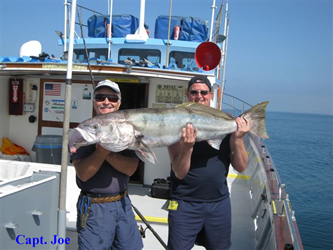
Recent Comments